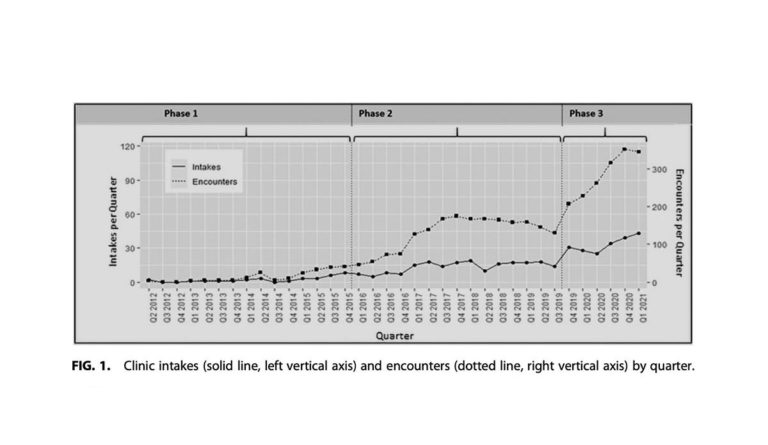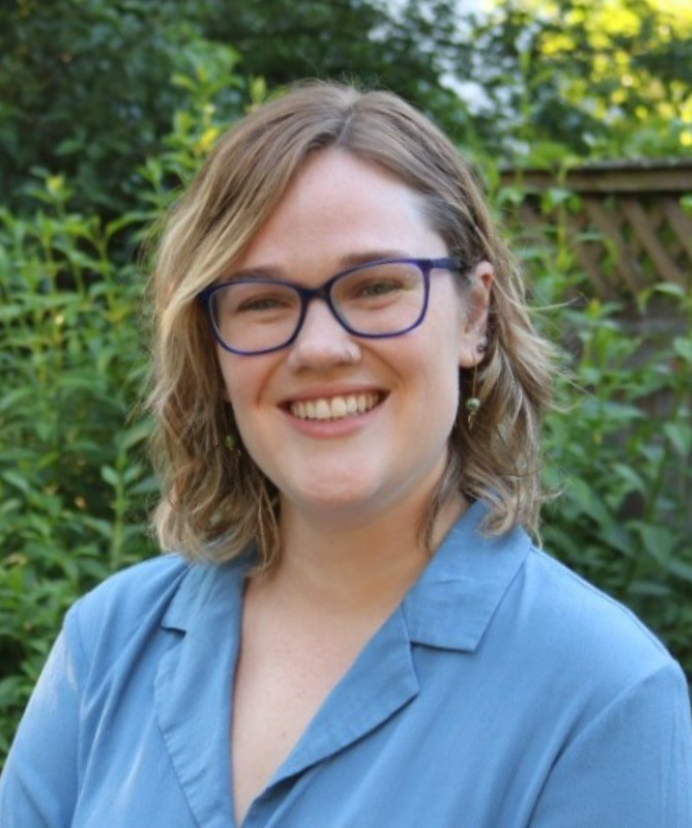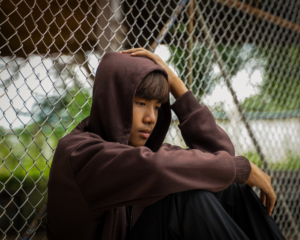Queering Community Health Care
A gender-affirming pediatric care clinic in Washington state is a model for other community health centers to establish clinics for underserved and rural patients.

Read Time: 2 minutes
Published:
Increasingly, transgender and gender-diverse youth are seeking gender-affirming medical care. Adequate support from medical providers, family, peers, and other adults is critical for positive social outcomes for these young people. Multidisciplinary clinics that offer medical and mental health care can improve care to this population by incorporating affirmative approaches to social resiliency.
Most pediatric clinics that provide gender-affirming care are located in academic facilities in urban areas. Twenty-one states have no such clinic. One way to make gender-affirming care more widely available is to embed it within pediatric care in community health centers in rural areas, suburbs, and small cities.
This process can be daunting because of the need for funding and specialized staff training, and the current move to criminalize gender-affirming care. Aytch Denaro and colleagues offer a blueprint for building such a program based on their experience developing a gender-affirming clinic in Washington state. By using a grassroots model, without targeted funding or explicitly trained gender health providers, community health centers can establish these types of clinics.
The graph shows three phases of growth in new-patient intakes and patient encounters at MultiCare Health System from 2012-2021. In the first phase, an endocrinologist and a registered nurse started accepting trans and gender-diverse patients after taking gender health care classes online. The second phase, spanning 2016-2019, saw new patients and encounters per quarter jump nearly ten-fold (to 13.5 and 130 respectively) after the addition of a part-time support for gender health care from a social worker and two social work interns. By 2019, with 33.3 new patients and 285 encounters per quarter, the clinic served enough trans and gender-diverse patients to formalize Gender Clinic days and obtain grant funding for a full-time social worker dedicated to pediatric gender health.
In 2020, the Health Resources and Services Administration funded 1,383 community-based health centers in the U.S. for underserved and rural patients. Community health care systems seeking to establish pediatric gender health programs can learn much from this clinic which saw whose partnerships with community organizations and use of student interns were key to the clinic’s growth.
By building basic infrastructure for supportive care, clinics can establish trust for gender-diverse patients to come in and come back.
Aytch Denaro, Chaya Mangel Pflugeisen, Tammy Colglazier, David DeWine, and Barbara Thompson, Lessons from Grassroots Efforts to Increase Gender-Affirming Medical Care for Transgender and Gender Diverse Youth in the Community Health Care Setting, Transgender Health, 2022.



